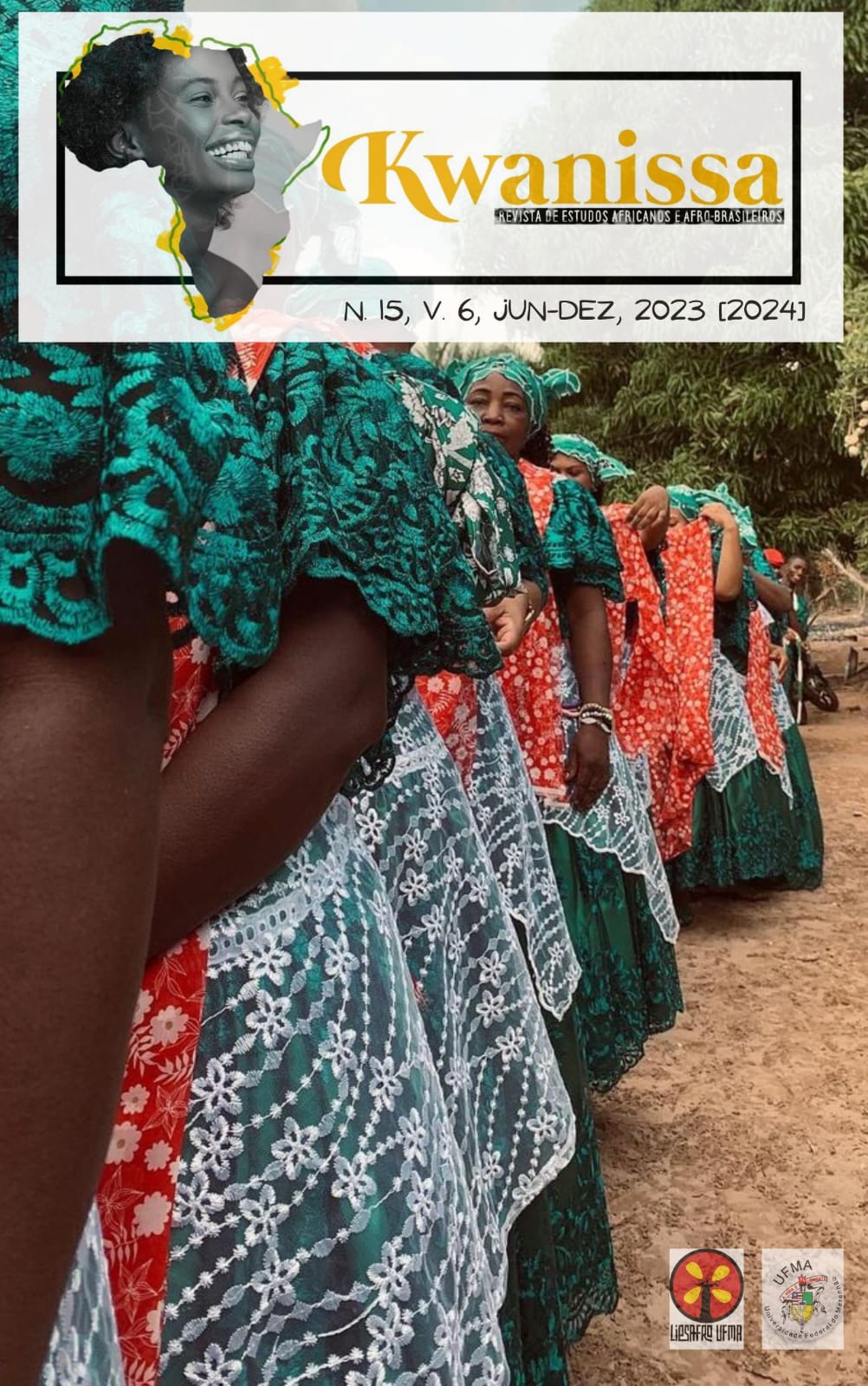THE READING AND WRITING OF THE QUILOMBO SCHOOLS OF GURUPÁ – PARÁ:
An appreciation of the perspective of pedagogical coordinators
DOI:
https://doi.org/10.18764/2595-1033v6n15.2023.18Keywords:
Reading, writing, Literacy, Coordination, QuilombolasAbstract
This study understands the functionality of pedagogical coordination as an essential foundation for the acquisition and improvement of literacy, based on the assumption of teamwork, planning, coordination, follow-up and guidance in the interpersonal performance of the actors involved. This article is part of the author's dissertation work with the general objective of investigating the relationship between pedagogical coordination and the processes of reading and writing in the second cycle of fundamental education in rural quilombola schools in the municipality of Gurupá - Pará. The methodology consists of field research, in which the data instrument was extracted through an interview among the participants. Thus, the analysis revealed notorious gaps in the main pedagogical attributions of the coordination, such as: lack of professional training, misunderstanding of their respective duties and lack of proposals with a collective bias, in which these absences make it impossible to have a significant educational process as an essential factor in the exercise of considerable literacy.
Downloads
References
BRUNER, Jerome. A cultura da educação. Tradução Marcos A. G. 2001.
COLELLO, S. M. G. A escola que (não) ensina a escrever. São Paulo: Summus. 2012.
GUISSO, Luciane. Desafios no processo de escolarização: sentidos atribuídos por professores dos anos iniciais do ensino fundamental. 2017. 174 f. Dissertação de Mestrado (Mestrado em Psicologia) - Centro de Filosofia e Ciências Humanas da Universidade Federal de Santa Catarina, 2017
MACIEL, Francisca Izabel Pereira; LÚCIO, Iara Silva. Os conceitos de alfabetização e letramento e os desafios da articulação entre teoria e prática. In: CASTANHEIRA, Maria Lúcia; MACIEL, Francisca Izabel Pereira; MARTINS, Raquel Márcia Fontes. Alfabetização e letramento na sala de aula. Belo Horizonte: Autêntica Editora: Ceale, 2008. p: 13 – 33.
PORTES, Écio Antônio. Algumas dimensões culturais da trajetória de estudantes pobres no ensino superior público: o caso da UFMG. Revista Brasileira de Estudos Pedagógicos, Brasília, DF, v. 87, n. 216, p. 220-235, maio/ago. 2006.
SILVA, Deborah Breda da; MARTINS, Silvana Neumann; DIESEL, Aline; CASTOLDI, Natanael Pedro. A formação de professores para a gestão escolar: diversos olhares. Revista Signos, Lajeado/RS, n. 1, p. 129-142, 2017.
SOARES, Magda. Alfabetização: a questão dos métodos. São Paulo: Editora Contexto, 2016.
TOMASELLO M, LOPES-HERRERA, S. A; MAYER M. Intervenção Fonoaudiológica nas Alterações da Compreensão-Linguagem Receptiva In: GUARNIERI, C; LOPESHERRERA, S. A (Org.). Dicas e estratégias para intervenção fonoaudiológica em Linguagem Infantil. São Paulo: Book Toy, 2016.
XAVIER , A. C. S.; CUNHA , N. B.. Escrita alfabética: métodos de ensino e instrumentos de avaliação. Revista Brasileira de Alfabetização. Vitória, v. 1, n. 6, p. 147-160, jul/dez. 2017.
Downloads
Published
How to Cite
Issue
Section
License

This work is licensed under a Creative Commons Attribution-NonCommercial 4.0 International License.
Direitos autorais Kwanissa: Revista de Estudos Africanos e Afro-Brasileiros
Este obra está licenciado com uma Licença Creative Commons Atribuição-NãoComercial-SemDerivações 4.0 Internacional.











